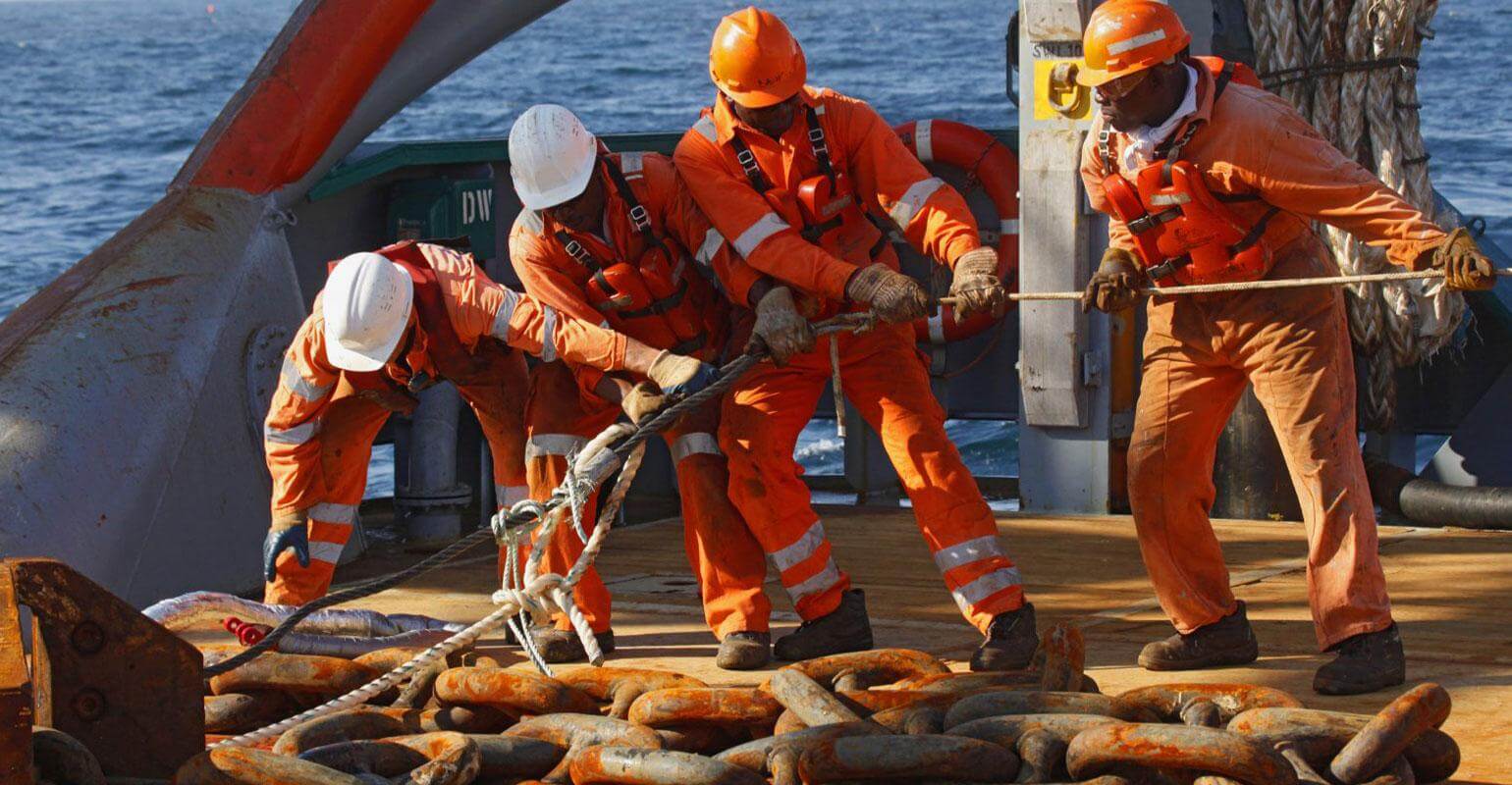The Federal Government is reviewing 16 proposals for amendments to the Maritime Labour Convention (MLC) 2006, also known as the “Seafarers’ Bill of Rights.
A three-day technical session brought together government representatives, employers, unions, and international maritime partners to discuss Nigeria’s commitment to improving maritime labor standards and seafarer welfare.
Jibril Abba, the Executive Director, Maritime Labour and Cabotage Services of NIMASA, representing the Director General, stated that the proposed amendments aim to align Nigeria’s maritime regulations with international best practices, promoting fairness, inclusivity, and sustainability.
He emphasized the importance of collaboration between stakeholders, stating, “Through this synergy, we can achieve progressive amendments that will enhance seafarers’ welfare, create a fair business environment, and elevate Nigeria’s position as a leading maritime nation. This tripartite session is not just about policy amendments; it is about fostering a collective commitment to the sustainability of the maritime sector and the protection of seafarers’ rights.”
The sessions are expected to address various issues, including the impact of new technologies, environmental concerns, and the evolving needs of seafarers, with the shared goal of improving working conditions and fostering industry growth.
Nigeria’s ILO Attache, Essah Aniefiok, stressed the need for cooperation among all stakeholders to achieve these goals. Amos Kuje, the Regional Advisor and ILO expert on MLC 2006, highlighted Nigeria’s leading role in Africa, recognized by the ILO.
He urged Nigeria to maintain this leadership, especially as the country seeks a Category C seat at the upcoming International Maritime Organisation (IMO) elections.
The MLC, 2006 provides an international framework for decent working conditions for seafarers and promotes fair competition in the maritime industry.
NIMASA emphasized the importance of adapting this legislation to emerging challenges, given the evolving global maritime landscape, driven by automation, climate change, and economic shifts.
